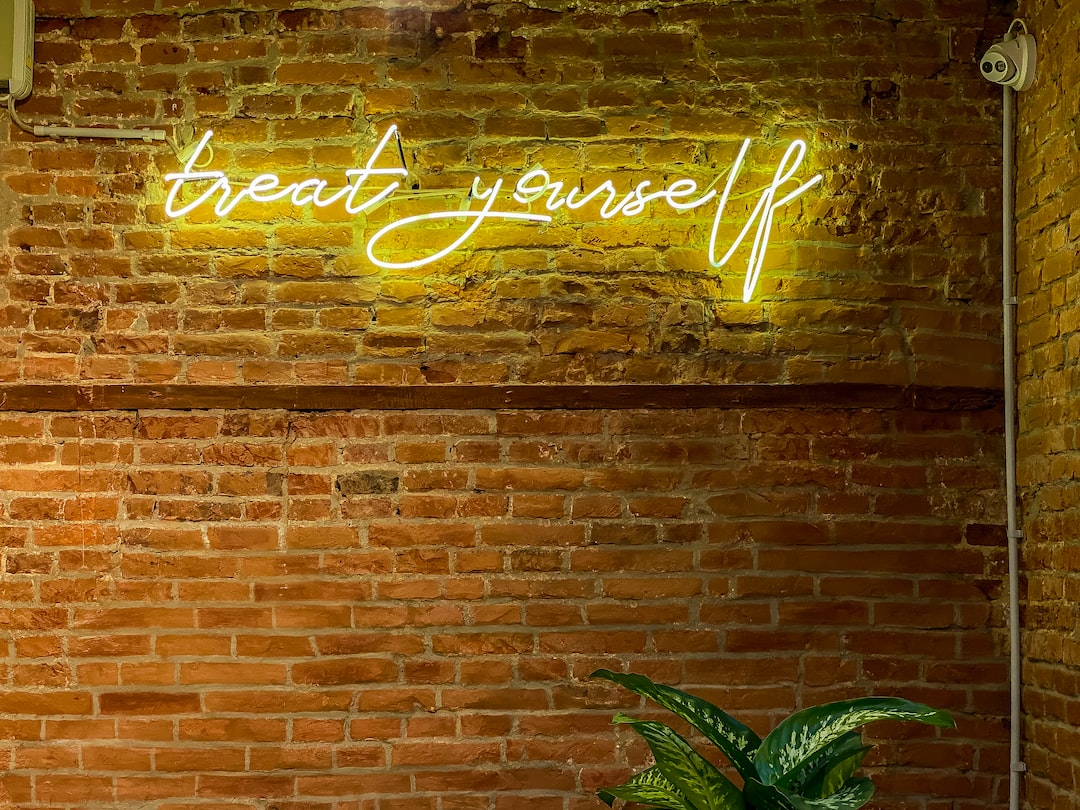Discover the Power of Meditation for Stress Relief
In today’s fast-paced and demanding world, stress has become an integral part of our lives. Whether it’s due to work pressure, personal relationships, or financial instability, stress can have severe effects on our physical and mental well-being. If you’re constantly feeling overwhelmed and looking for ways to manage stress, it’s time to explore the power of meditation.
What is meditation?
Meditation is a practice that dates back thousands of years and is rooted in various ancient traditions. It involves training our minds to focus and redirect our thoughts, creating a state of heightened awareness and relaxation. While meditation is often associated with spiritual practices, it has gained significant popularity in recent years as a stress-relief tool that can be practiced by anyone, regardless of religious or cultural background.
How does it work?
When we experience stress, our bodies go through a “fight or flight” response, releasing stress hormones that prepare us for potential threats. This reaction, which evolved to protect us from immediate danger, can have damaging consequences when constantly activated in our modern, stress-filled lives. Meditation helps counteract this by activating the relaxation response, which reverses the effects of the stress response. By engaging in regular meditation practice, we can reduce the frequency and intensity of the stress response and train our bodies to reach a more relaxed state.
Benefits of meditation for stress relief
1. Reduced anxiety and depression: Numerous studies have shown that meditation can significantly reduce symptoms of anxiety and depression. By allowing us to detach from negative thoughts and emotions, meditation helps create a sense of mental calm and promotes overall emotional well-being.
2. Improved focus and concentration: Stress often makes it difficult to concentrate on tasks at hand, leading to decreased productivity and increased frustration. Meditation boosts concentration by training our minds to remain in the present moment, decreasing distractions and improving focus on the task at hand.
3. Enhanced self-awareness: Regular meditation encourages self-reflection and introspection, allowing us to gain a deeper understanding of ourselves. By becoming more aware of our thoughts, emotions, and triggers, we can better identify and manage stressors in our lives.
4. Increased resilience: Meditation enhances our ability to cope with stressful situations by allowing us to observe our thoughts without judgment. With practice, we develop a more compassionate and non-reactive mindset, enabling us to navigate challenging situations with greater poise and resilience.
Getting started with meditation
If you’re new to meditation, it’s important to remember that it’s a practice that requires patience and consistency. Here are some steps to help you begin your journey:
1. Find a quiet and comfortable space: Choose a peaceful environment where you can remain undisturbed for the duration of your practice. It could be a designated meditation room or simply a corner of your home.
2. Set a time: Decide on a time that works best for you, whether it’s early morning, during a lunch break, or before bed. Consistency is key, so aim to meditate at the same time each day.
3. Start small: Begin with just a few minutes of meditation and gradually increase the duration as you become more comfortable. Even five minutes of daily meditation can make a noticeable difference in your stress levels.
4. Focus on your breath: Close your eyes and bring your attention to your breath. Notice the sensation of each inhale and exhale, allowing your breath to anchor you in the present moment.
5. Accept and let go: As thoughts arise, acknowledge them without judgment and gently let them go. Remember, meditation is not about emptying the mind but rather observing thoughts as they come and go.
6. Use guided meditation apps or videos: If you find it challenging to meditate on your own, utilize guided meditations available on various apps or platforms. These resources provide step-by-step instructions and can be helpful for beginners.
In conclusion, meditation is a powerful tool for stress relief that can bring about numerous physical, mental, and emotional benefits. By incorporating meditation into our daily routine, we can harness its potential to reduce anxiety, improve focus, enhance self-awareness, and cultivate resilience. So, take a moment for yourself, close your eyes, and embark on a journey of self-discovery and inner peace through the practice of meditation. Your mind and body will thank you.


